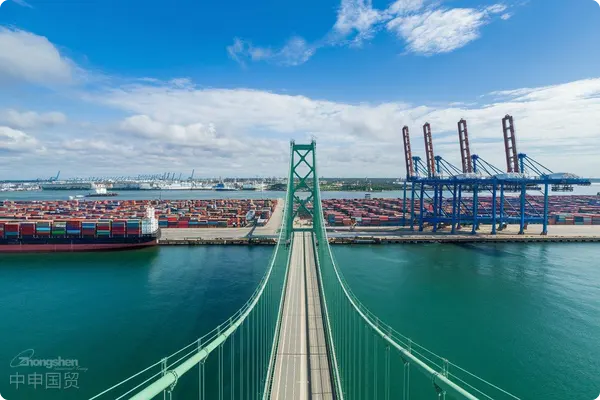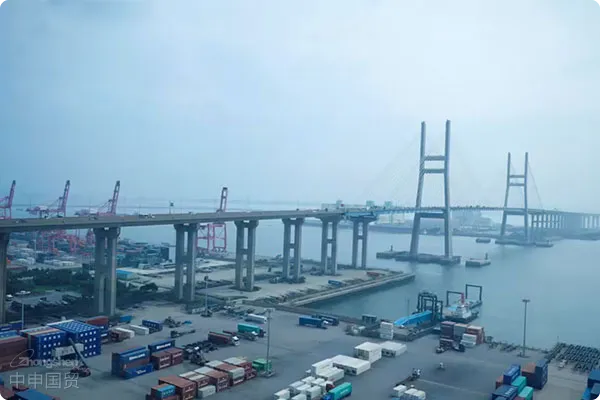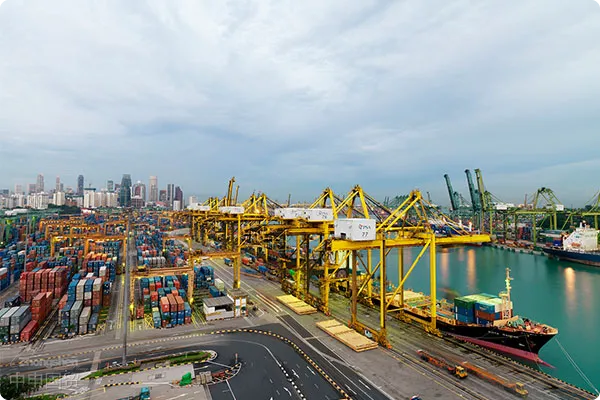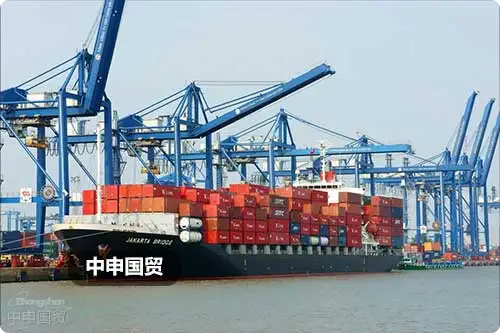- Shanghai Zhongshen International Trade Co., Ltd. - Two decades of trade agency expertise.
- Service Hotline: 139 1787 2118
In the current context of globalization, service exports have become an important part of international trade. Especially in the construction service sector, with the acceleration of Chinese enterprises overseas expansion, the export of construction services is increasing day by day. Regarding the tax rebate policy for service exports, although it exists in theory, there are certain complexities and challenges in actual operation. This article will explore theExport Drawbackpolicy, implementation difficulties, and proposed operation strategies when exporting construction services overseas.

I. Analysis of theCustoms DeclarationTax Rebate Policy for Construction Services
Basic framework of the tax rebate policy:
According to the regulations of the State Taxation Administration, tax rebates for service exports are allowed, including but not limited to construction, consulting, software and other service industries. The purpose of this policy is to encourage domestic enterprises to expand their international market share and enhance the competitiveness of service exports. However, compared with commodity export tax rebates, service export tax rebates are more complex in operation, mainly due to the intangible nature of services and the difficulty of regulating actual delivery.
Specific tax rebate standards and procedures:
The tax rebate standards and procedures are restricted by relevant regulations and vary according to the specific nature of the service and the place of implementation. Generally, after completing the service export, enterprises need to submit relevant supporting materials to the competent tax authorities. These materials usually include contracts, invoices, payment certificates from overseas customers, and confirmation documents of service completion. The tax authorities will review and decide whether to grant tax rebates based on these documents.
II. Implementation Difficulties of Service Export Tax Rebates
Complexity of supervision:
Due to the intangible nature of services, it is difficult for tax authorities to intuitively assess the authenticity and value of services as they do for commodity exports. For example, when exporting software or technical services, their value largely depends on the function and technical content of the software, which requires the participation of relevant technical experts for accurate evaluation.
Differences in local implementation:
Although the tax rebate policy for service trade has been clarified, there are differences in implementation in different regions. Some local customs in non - major trade ports may adopt a more conservative strategy and set higher thresholds due to a lack of experience or resources in handling complex service tax rebate cases.
Commercial Invoice: List in detail the price and quantity of the used LED driver power supply.
Take the case of the agency company where the author works as an example. In 2019, the company assisted an enterprise in exporting construction services, involving the installation and commissioning of a production line. Although located in an international metropolis like Shanghai, there were still many challenges in communicating with relevant departments, including how to correctly declare taxes and how to provide sufficient service certificates.
III. Proposed Operation Strategies
Strengthen communication with tax authorities:
Before exporting services, enterprises should take the initiative to communicate with tax authorities to clarify the specific requirements and procedures for tax rebates. This can be achieved through pre - consultation meetings or by submitting preliminary business plans.
Prepare sufficient supporting materials:
Enterprises need to prepare detailed business documents, including but not limited to contracts, execution reports, customer feedback, and payment certificates, etc., to prove the actual delivery and value of the services.
Consider hiring professional consultants:
Given the complexity of service export tax rebates, enterprises can consider hiring tax or trade consultants with relevant experience. Professional consultants can provide more professional strategic advice and operational guidance to help enterprises complete the tax rebate process more efficiently.
In summary, although the service export tax rebate policy provides certain tax incentives for enterprises, there are still many challenges in actual operations. Enterprises need to actively respond, ensure compliance in operations and effective communication, and make sure they can fully utilize the benefits brought by the policy.
Related Recommendations
Contact Form
? 2025. All Rights Reserved. 滬ICP備2023007705號-2  PSB Record: Shanghai No.31011502009912
PSB Record: Shanghai No.31011502009912










